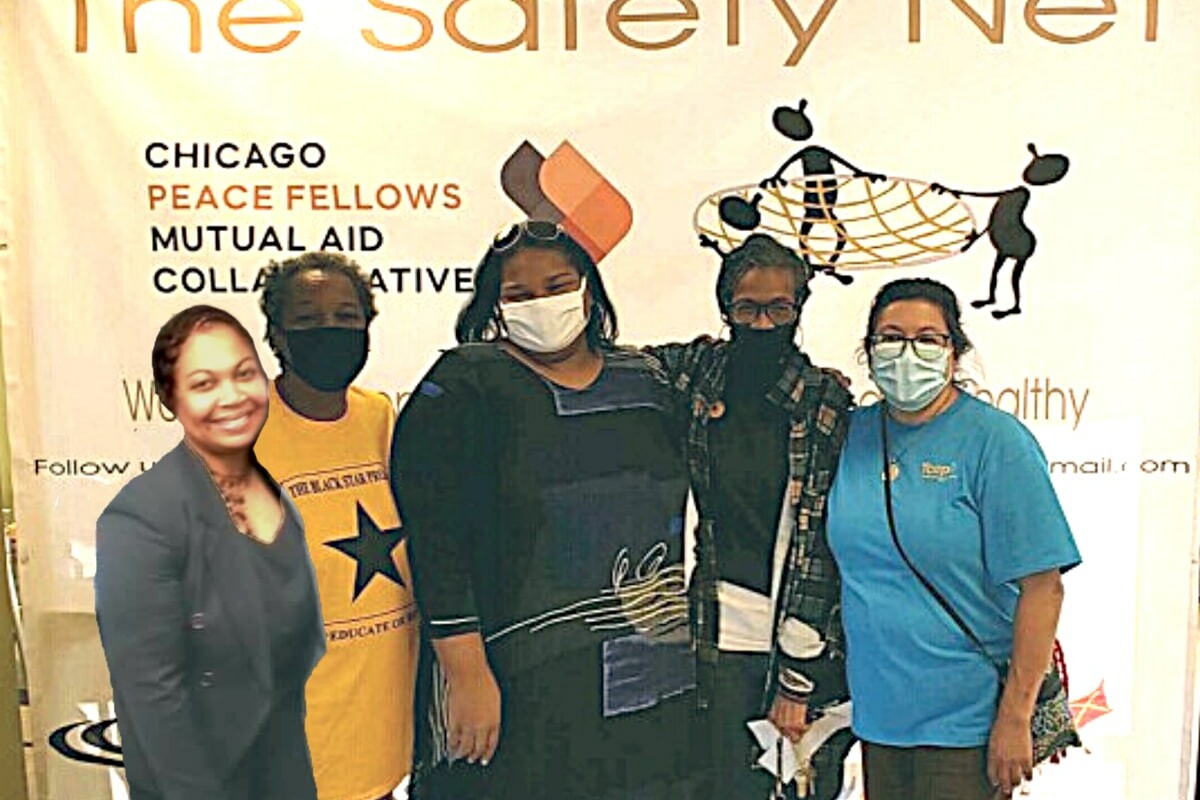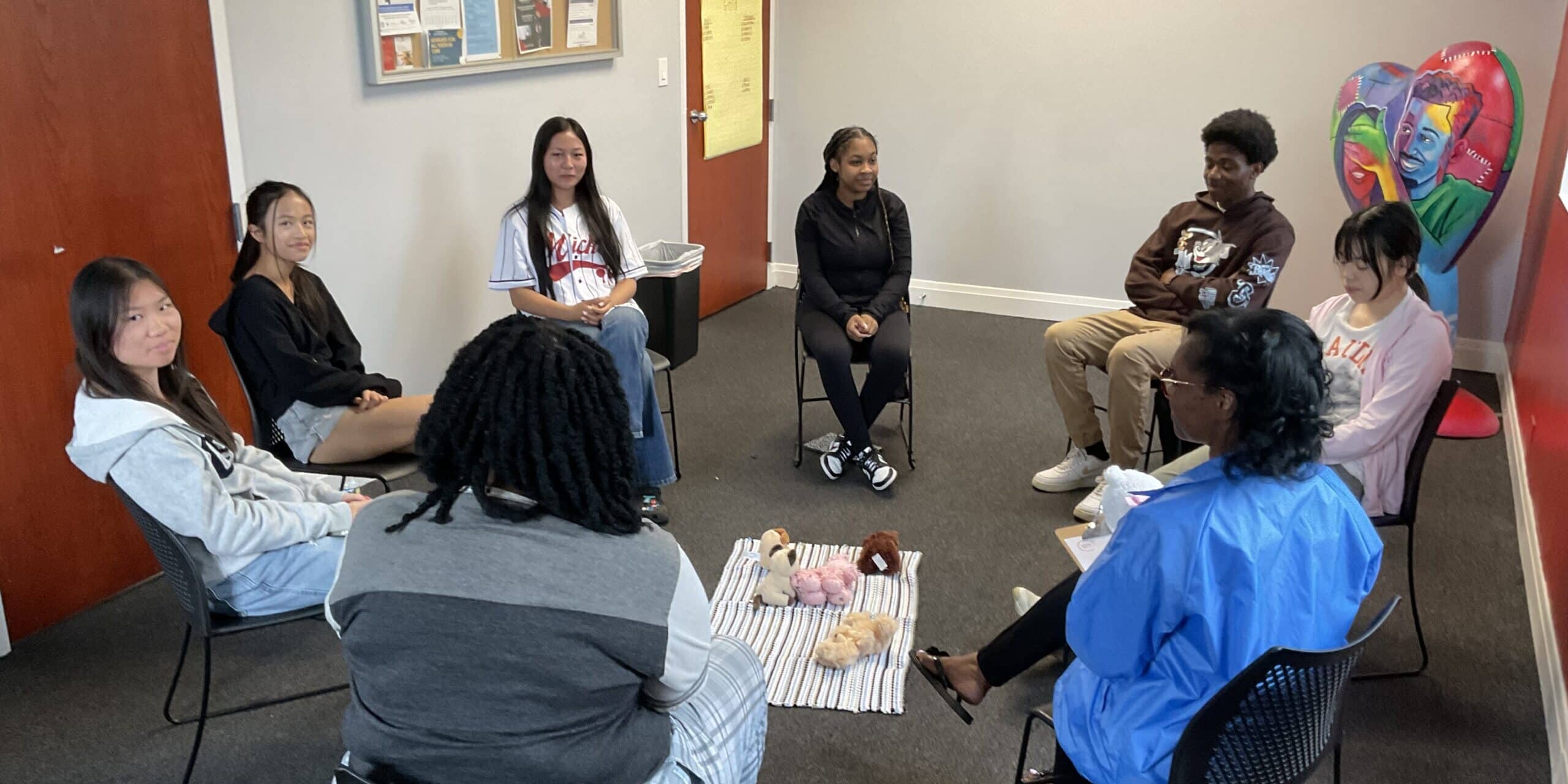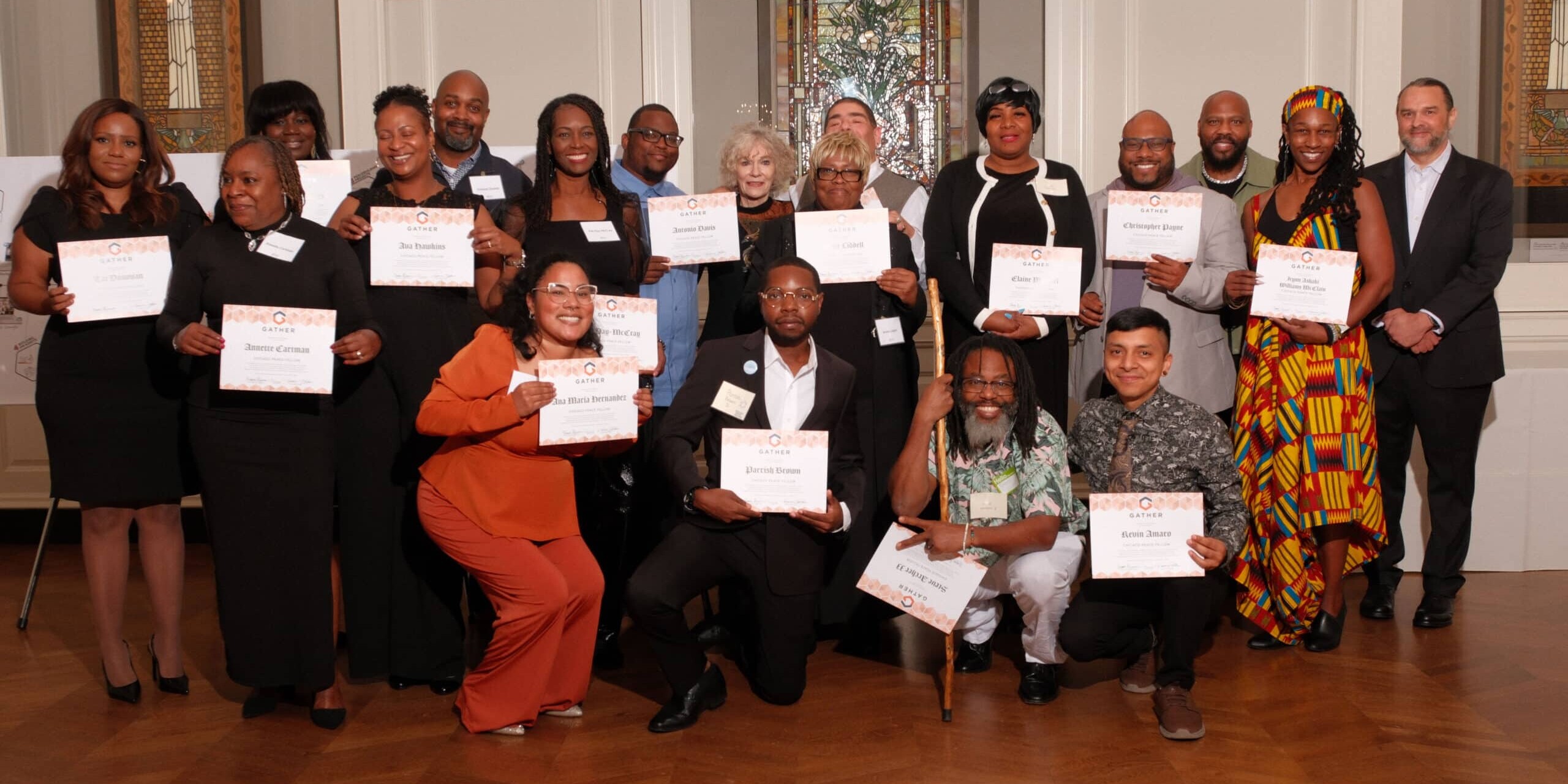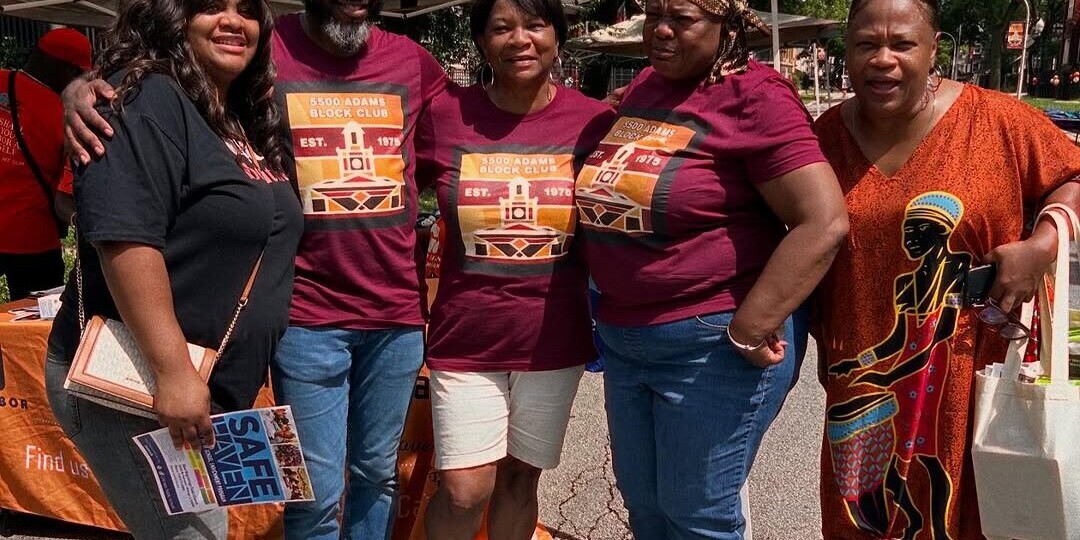By Zeki Salah, Facilitator, Mutual Aid Collaborative
Chicago Peace Fellows are working to address an increased demand for blood from Black and Brown donors through holding a Mutual Aid Collaborative Blood Drive. The Blood Drive is part of an ongoing Safety Net project by the Chicago Peace Fellows Mutual Aid Collaborative, a group of 60 Black and Brown leaders and committed allies who live and work in the communities they serve on the South and West sides. Fellows working on the Safety Net project seek to address multiple pandemics that ail the South and West Sides of Chicago, including COVID-19 and community violence.

The Safety Net campaign is accepting donation pledges until June 28th, but you can donate at any time after making the pledge. You can sign up for the Safety Net team’s blood drive here: https://sleevesup.redcrossblood.org/campaign/give-from-the-heart/
You can also promote the blood drive by using the hashtag: #OurBloodMatters
The Safety Net project started at the height of the COVID-19 pandemic by creating a distributed network of PPE providers throughout a grassroots network, but has since expanded its scope to include broader public health issues. Since its inception, the Safety Net project has also held COVID vaccine clinics to address the disproportionate impact of COVID-19 on Black and Brown communities. The Chicago Peace Fellows Blood Drive is the latest project by the Safety Net team and seeks to address a shortage of Black and Brown blood donors.

More Black and Brown donors are needed in the United States because of a rise in demand for some rare blood types that are more common in people of Black heritage. Certain subtypes of blood need to be matched to treat blood diseases such as sickle cell anemia. Blood donors are screened to see if they might possess certain rare blood types, which can also help match plasma and bone marrow donors. The demand for blood that the Safety Net team seeks to address is expected to increase even more during the summer, due to the increase of accidents such as car crashes and fireworks, as well as spikes in cycles of gun violence. This can put patients who need blood in consistent quantities at risk as these sorts of incidents risk depleting the blood reservoir that their treatments draw from.
The Safety Net wanted to bring attention to the need for a more diverse blood bank after learning that the director of the Chicago Peace Fellows, Burrell Poe, was diagnosed with aplastic anemia. Treatment for aplastic anemia requires bone marrow transplants, which can only be performed if the donor and recipient have matching subtypes of blood. In solidarity with Burrell, the Safety Net team scheduled their Blood Drive around his birthday, so that members of the community could be made aware of the importance of blood donations and their potential to transform the lives of other people.

Jacquelyn Moore of the Safety Net team donated blood in response to the blood drive and found the experience to be fulfilling as an altruistic act, while also gaining new insights into her own health. Jackie was touched by the campaign on a personal level because a blood drive saved her husband’s life after it connected him with a match for a stem cell transplant. She stated “giving blood provides a way to directly help the community and provides people with an opportunity to act, to improve the lives of people around them.” Additionally, Jackie noted the pragmatic benefits donors receive when giving blood. After giving blood, she was contacted by the Red Cross and given a report of her COVID-19 antibodies. She noted that the Red Cross also provides other reports on other aspects of the health of its donors and can act as a free health screening. At the screening, vital signs are checked and problems such as high blood pressure, arrhythmia, or low hemoglobin levels can be detected.
The Safety Net team’s blood drive campaign also seeks to dismiss myths about giving blood. They assert that giving blood is not painful, and can even be relaxing as it gives the donor an opportunity to sit back and take a break from the hustle and bustle of the day. Additionally, the Safety Net encourages members of the LGBTQ+ community to explore the possibility of giving blood, because many of the previous restrictions against donors within this community have been lifted. Lastly, the Safety Net team emphasizes the safety of giving blood, donation centers undergo strict COVID precautions and there is a low risk of contracting COVID while giving blood.
Author
-
Travis Rejman is the founding Executive Director of the Goldin Institute, a global non-profit based in Chicago that has inspired, equipped and connected grassroots leaders in over 50 countries over the last twenty years. Bio
View all posts




